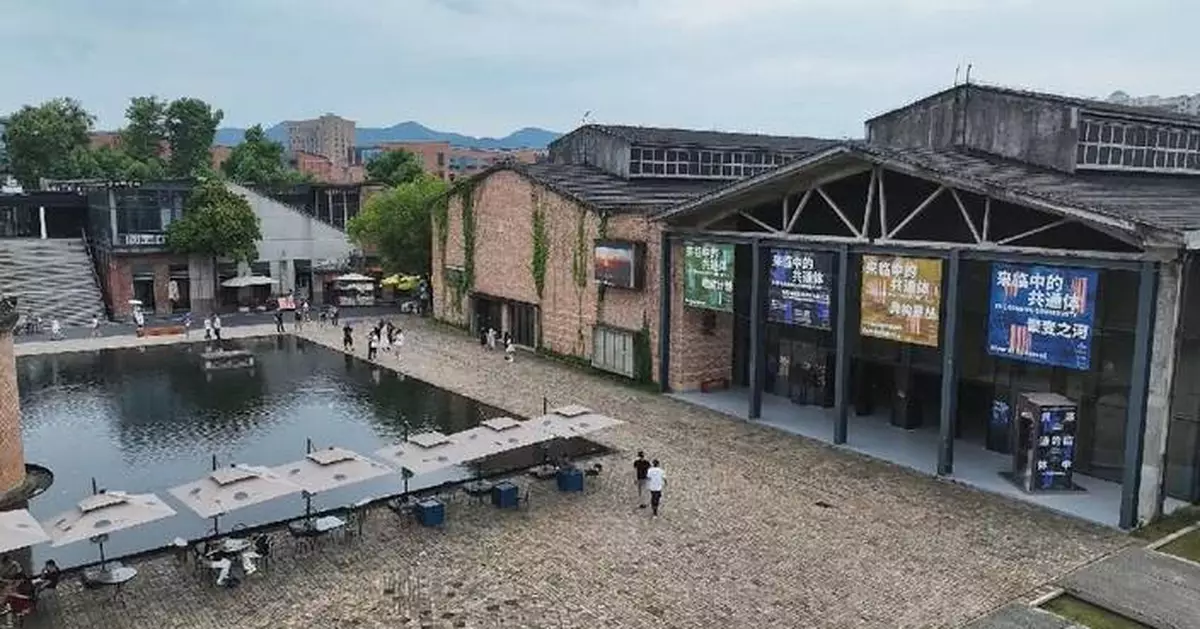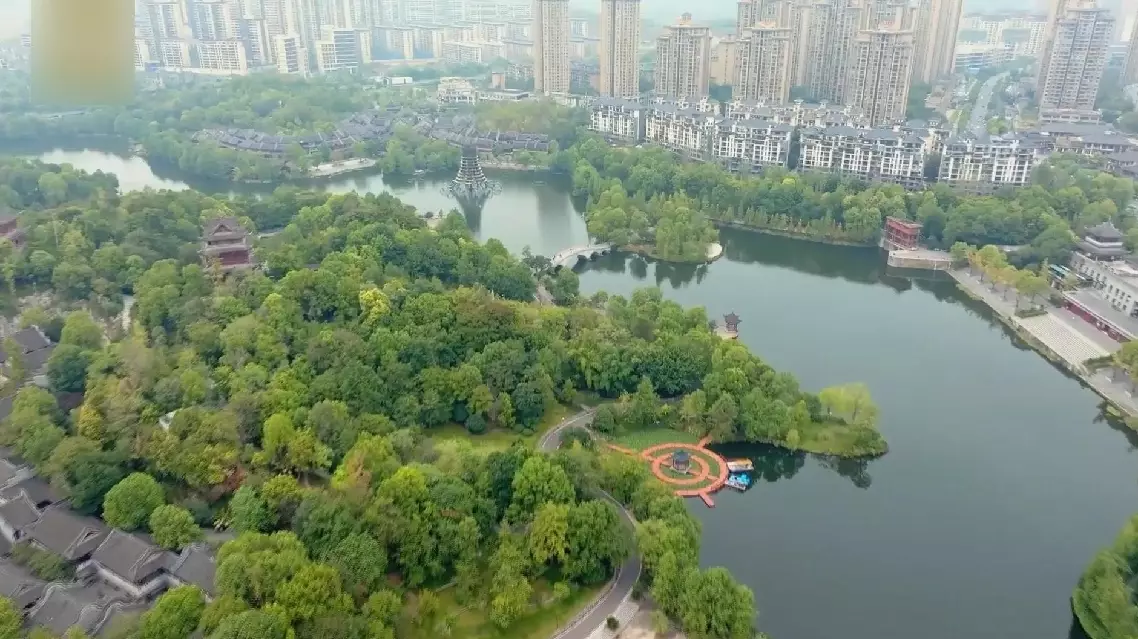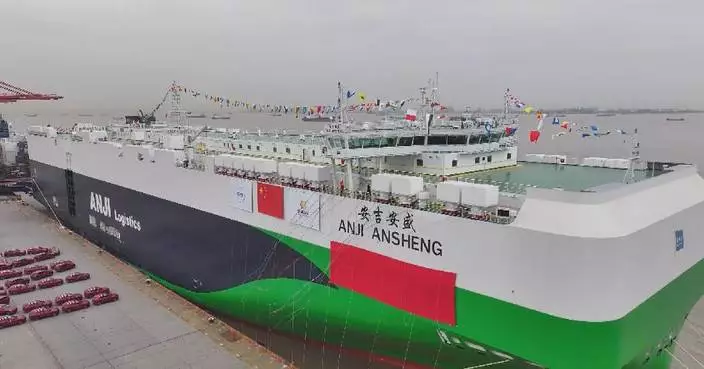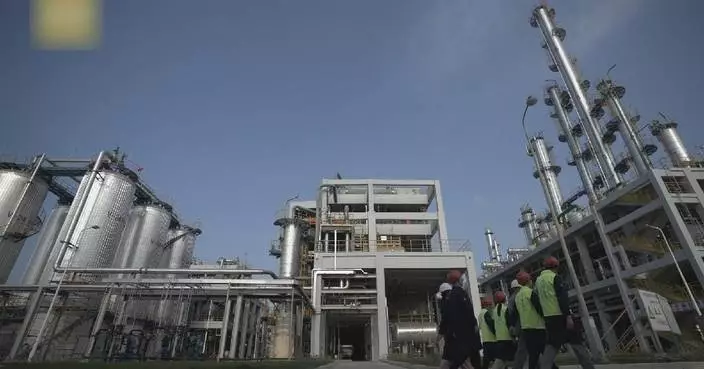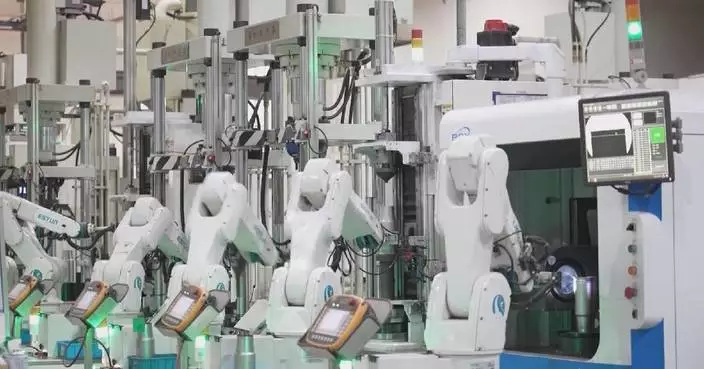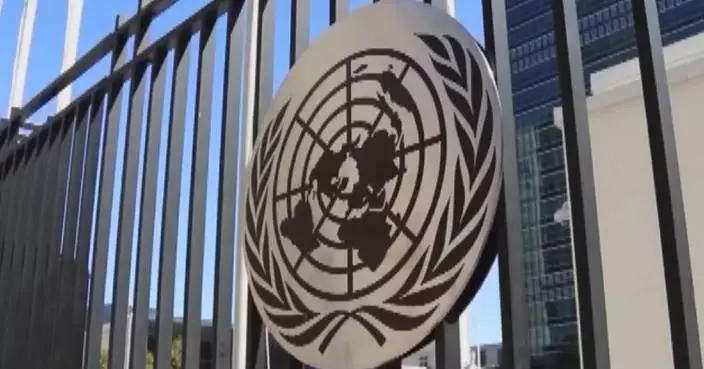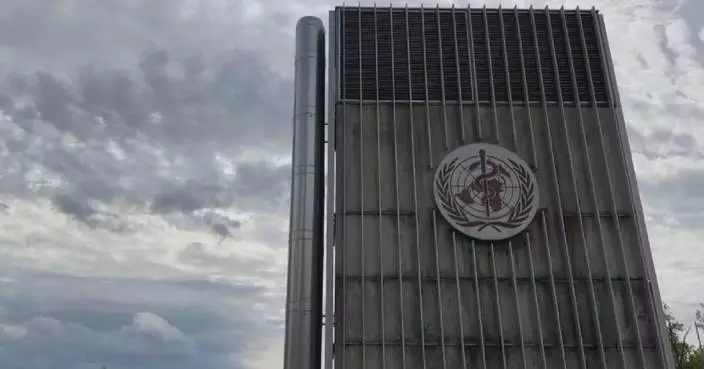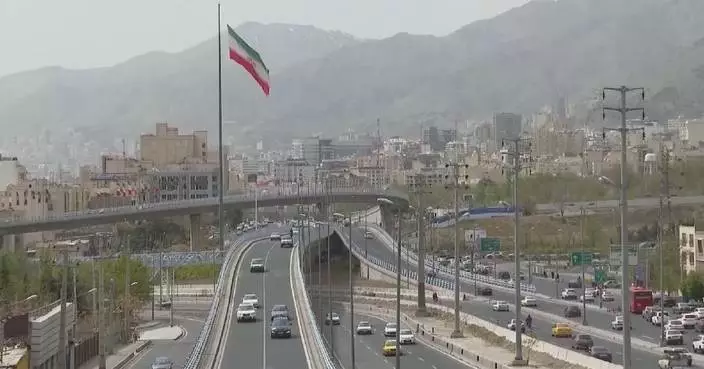Jingdezhen, the world-famous 'porcelain capital' in east China's Jiangxi Province, has managed to transform many of its old factory buildings into art galleries and museums, making room for young people in the porcelain art industry to start up businesses and have exchange with one another.
The traditional porcelain industry is high energy-consuming. With its development, Jingdezhen left a deep impression on people decades ago of a dirty, messy city with chimneys and black fog everywhere. In recent years, Jingdezhen has been determined to change the ceramic fuel structure and solve the problem of waste gas and wastewater pollution from ceramic enterprises.
"We used to burn coal, but later we shifted to gas and natural gas in making porcelain wares," said Liu Zili, deputy director of the management committee of Jingdezhen National Ceramic Culture Inheritance and Innovation Experimental Zone.
In 2013, Jingdezhen launched a project to protect and capitalize on its ceramic industrial heritage. All 22 old factory buildings were preserved intact and revitalized with modern architectural structures according to functional needs, thus achieving an integration of historical and cultural values with modern life industry values.
"To be honest, we had a hard time making decisions, as there were many different voices in our city. Should we demolish this place that carries a lot of our historical emotions and industrial memories, and erase it from this area? As a group of factory workers who have been here throughout the journey, we were reluctant to let it go. Instead, we believed that transformation was the way forward,” Liu said.
After three years of renovation, the Taoxichuan Cultural and Creative District opened to the public in 2016. Seen from the outside, the old factories, kilns, chimneys and water towers are still standing, but their functions and business formats have been reshaped: the original factories and workshops have been transformed into art galleries, museums and entrepreneurial spaces where young people gather.
So far, Taoxichuan has attracted tens of thousands of ceramic entrepreneurs, where they can exchange ideas and share experiences.
"I have been in Jingdezhen for seven years. Taoxichuan is now a very open and inclusive place, providing a very good platform to display our works," said Zhang Rui, a ceramic entrepreneur.
In Jingdezhen today, more than 80 well-known artists from home and abroad are invited to create works every year, and more than 400 artists from all over the world have set up studios.
In China, Jingdezhen is virtually synonymous with ceramics, particularly porcelain. Jingdezhen has been making porcelain since the Han Dynasty (202 BC - 220 AD) and then started to produce official porcelain for the imperial family since the Song Dynasty (960-1279). These official porcelain wares are regarded as the world's treasures and collected in major museums all over the world.
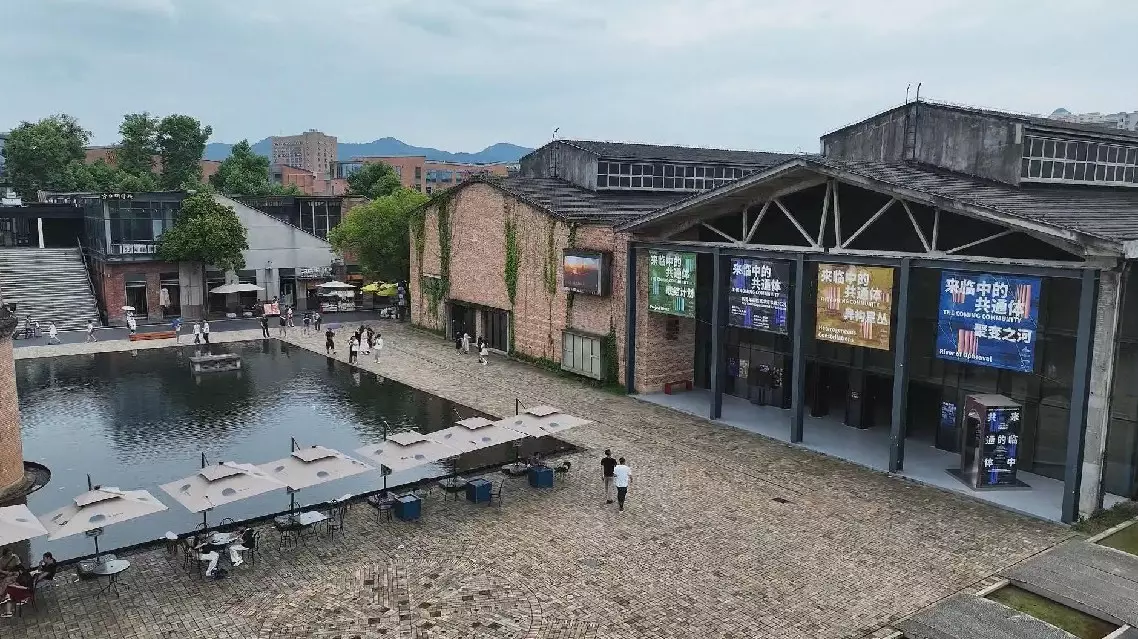
Old factories in east China's porcelain capital transformed into museums, entrepreneurship platform


